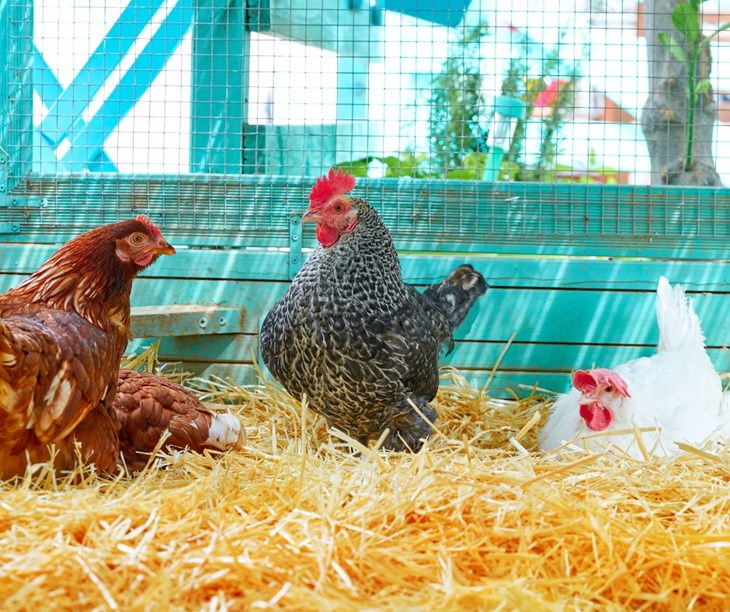6/13/2024
This month, Tennessee became the 36th state to authorize the purchase of cage-free eggs for participants in the Women, Infants, and Children (WIC) program. Additionally, the state approved organic eggs, aiming to provide greater benefits to WIC participants, such as reducing consumer confusion, enhancing the dignity of participation, and bolstering resilience to market supply shocks.
Benefits of Cage-Free and Organic Eggs
Organic eggs are known for their superior nutritional profile compared to conventional eggs, largely due to higher carotenoid content in their yolks, which offers antioxidant and anti-inflammatory benefits. Despite the higher price, Tennessee health practitioners decided to include these higher welfare products in the WIC program, likely understanding that concerns over cost containment have not been an issue in other states with similar authorizations.
In fact, none of the 35 states that approved cage-free eggs prior to Tennessee have reported increased costs. This is because the proportion of cage-free egg purchased by WIC participants remains relatively low, around 15%, in states that have authorized but not mandated cage-free eggs. This is contrasted with a national cage-free flock size of around 40%. While WIC participants appreciate having access to cage-free eggs, it seems they do not always choose the more expensive option. However, the option is valued by participants whose preferences align with cage-free and organic choices.

For instance, in Vermont, which started authorizing cage-free eggs in 2020, single mother of three, Korinne Harvey, expressed her gratitude, saying, “Having access to cage-free and organic eggs means everything to my personal value. Previously I had let my egg benefit lapse in favor of spending my grocery funds towards the food that aligned with my morals when it comes to food animals. Thanks to Vermont’s approach, I can truly make value of this opportunity at a time when this expense is higher than ever.”
Compassion in World Farming's work with WIC
Since CIWF began advocating for expanded access to higher welfare eggs in 2020, the number of states authorizing cage-free eggs through WIC has grown from 5 to 36. Data and experiences collected from WIC agencies and participants indicate that the benefits of adding cage-free eggs are substantial. Egg benefit redemptions have increased with the inclusion of cage-free eggs, while costs have remained stable.
For more information and to see our interactive map of which states currently authorize cage-free eggs, please click here.
